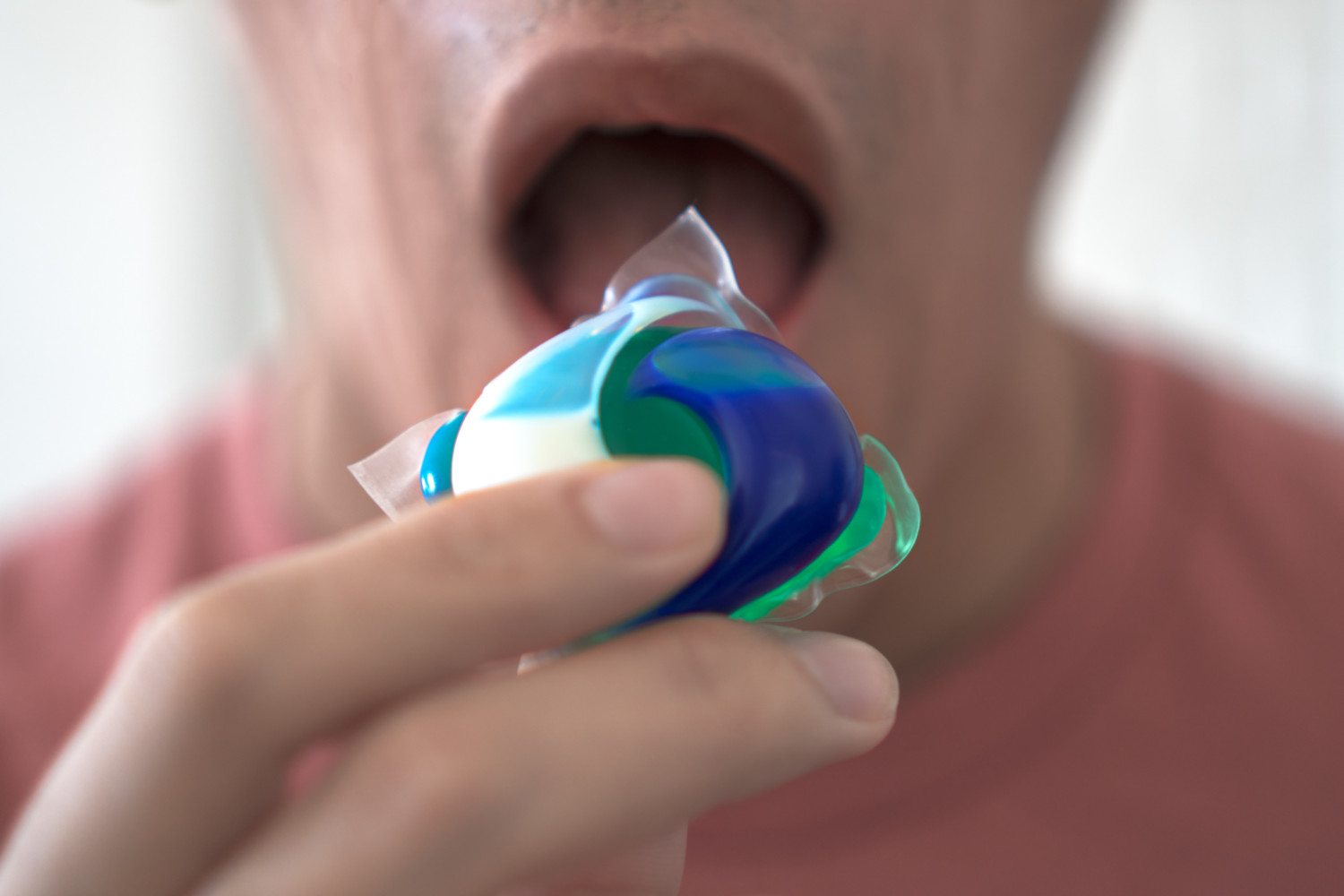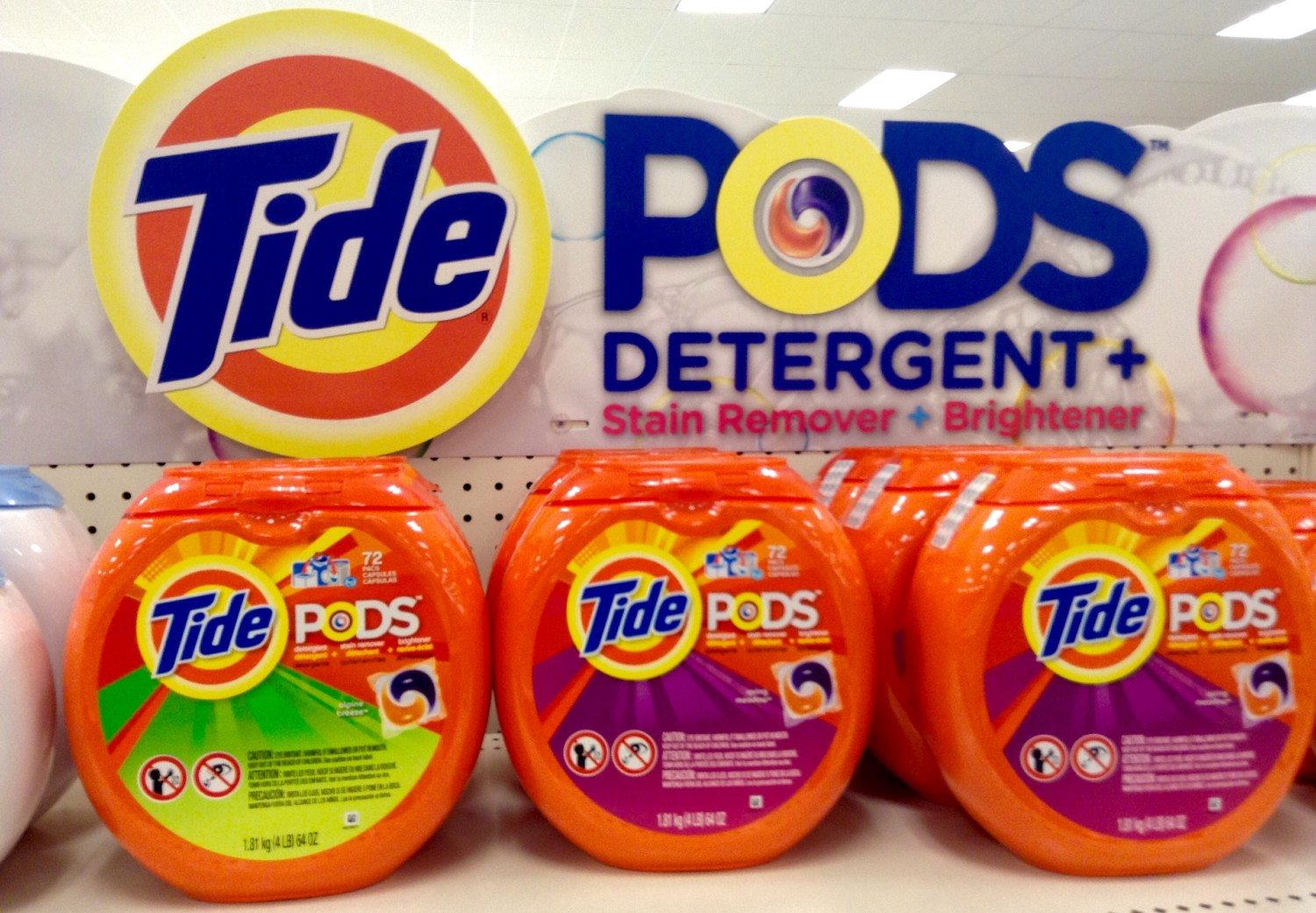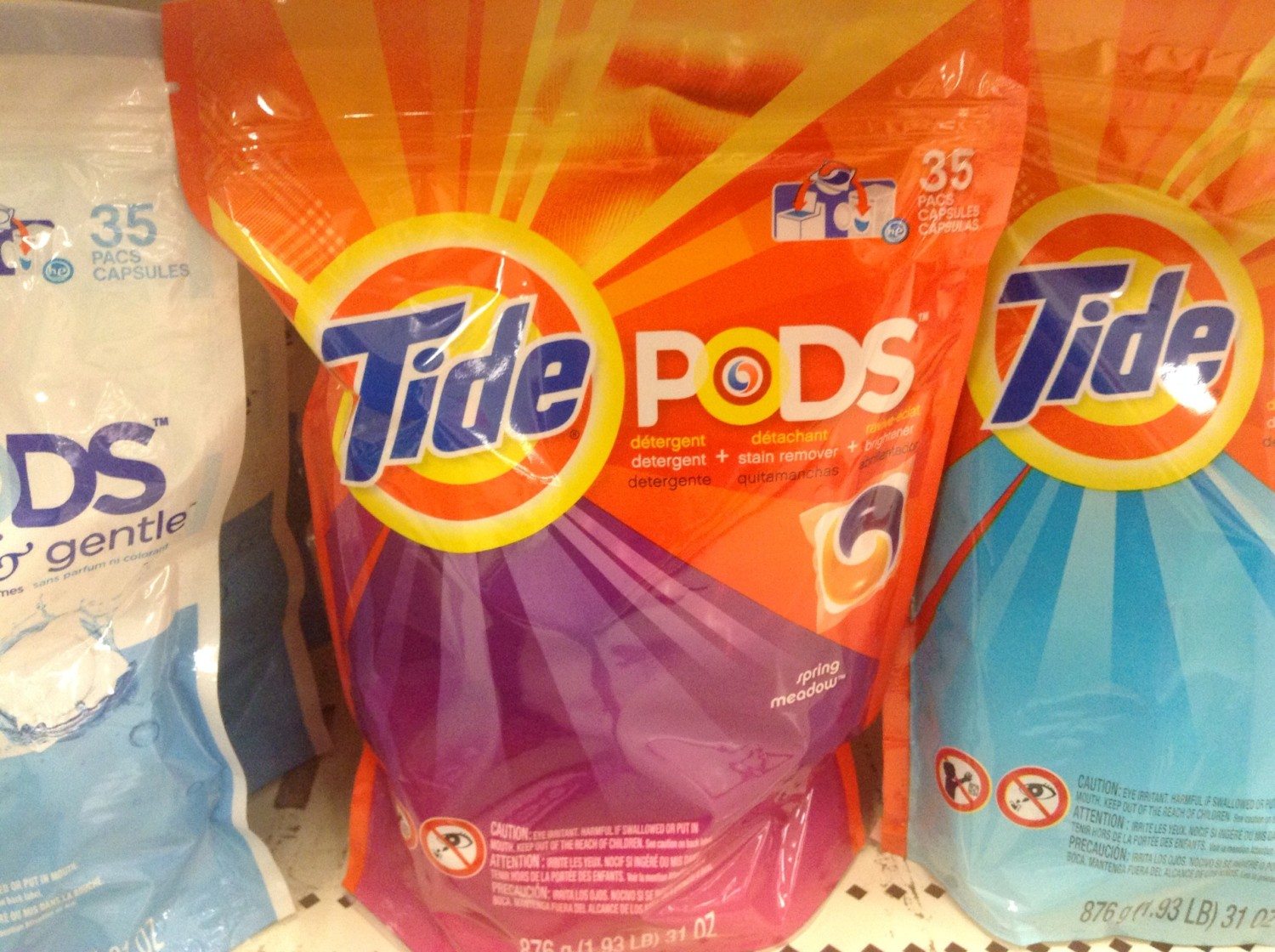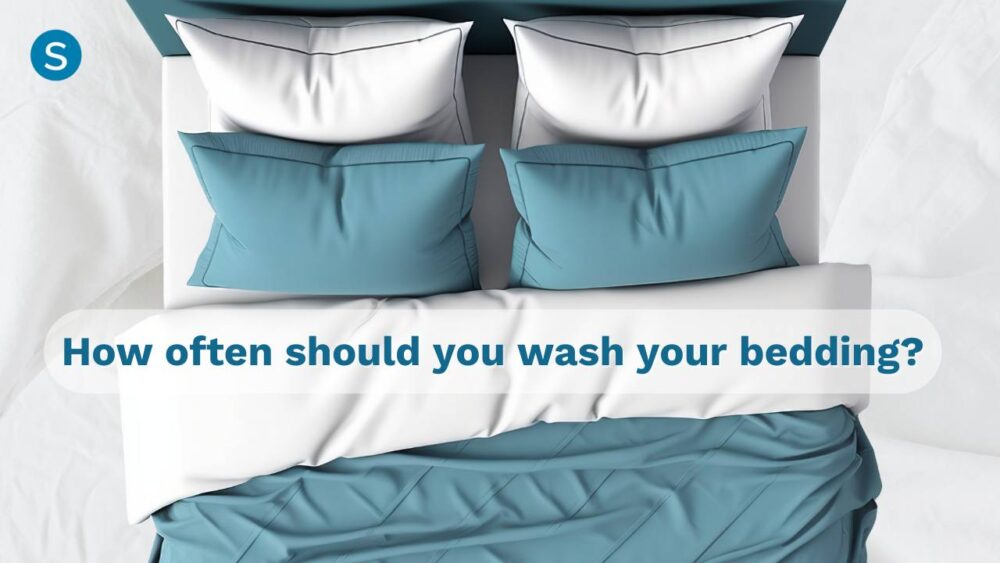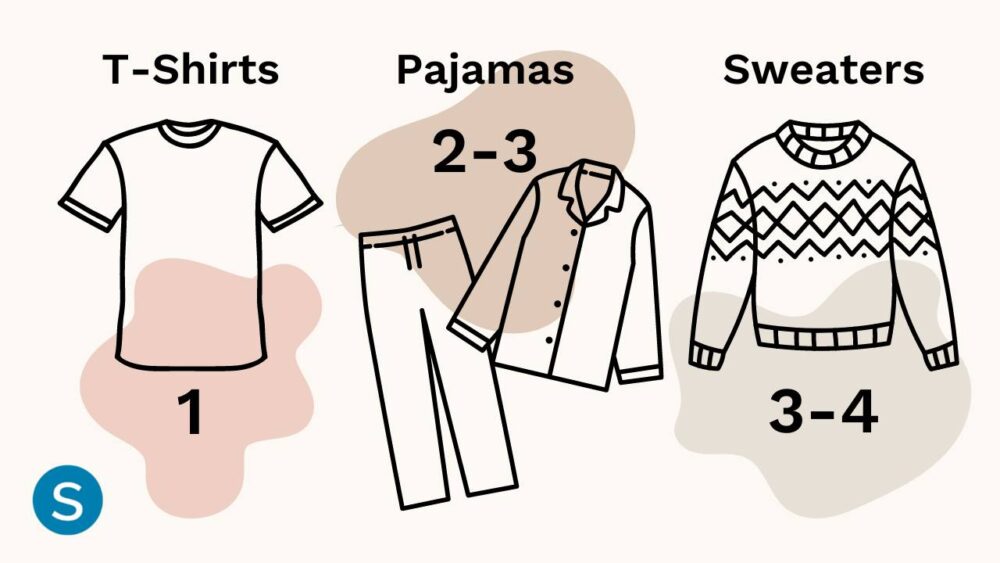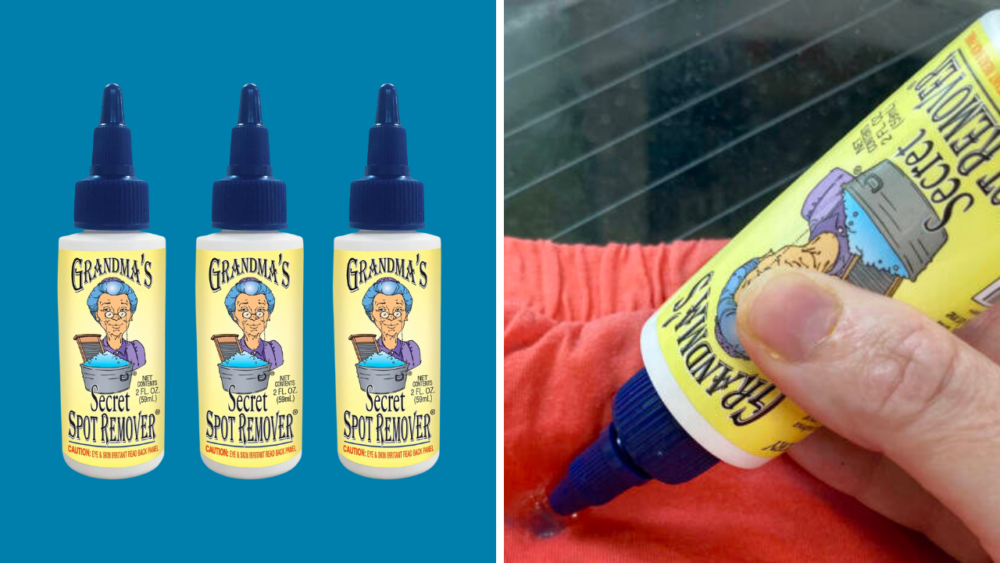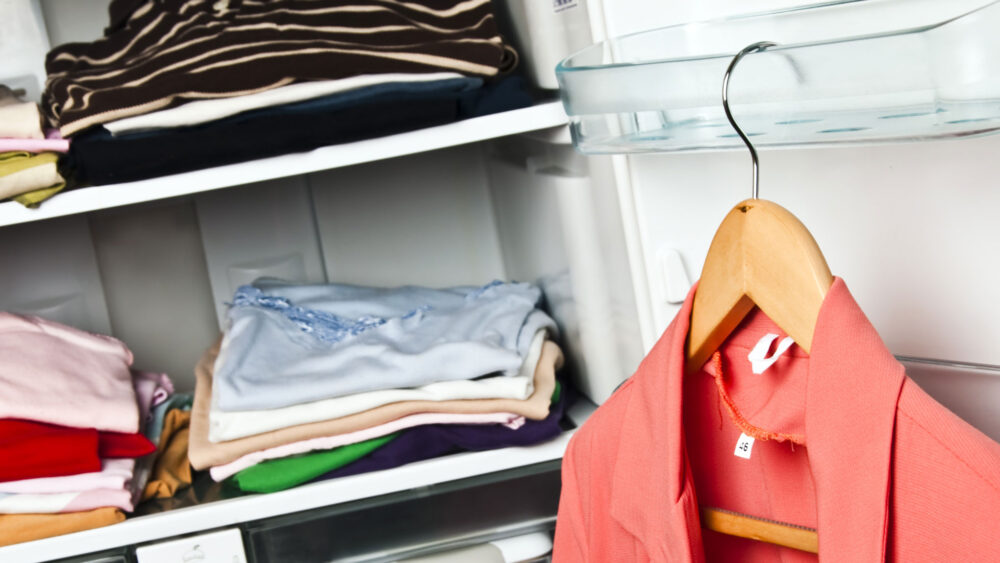Toxic chemical researcher wants laundry pods banned for good
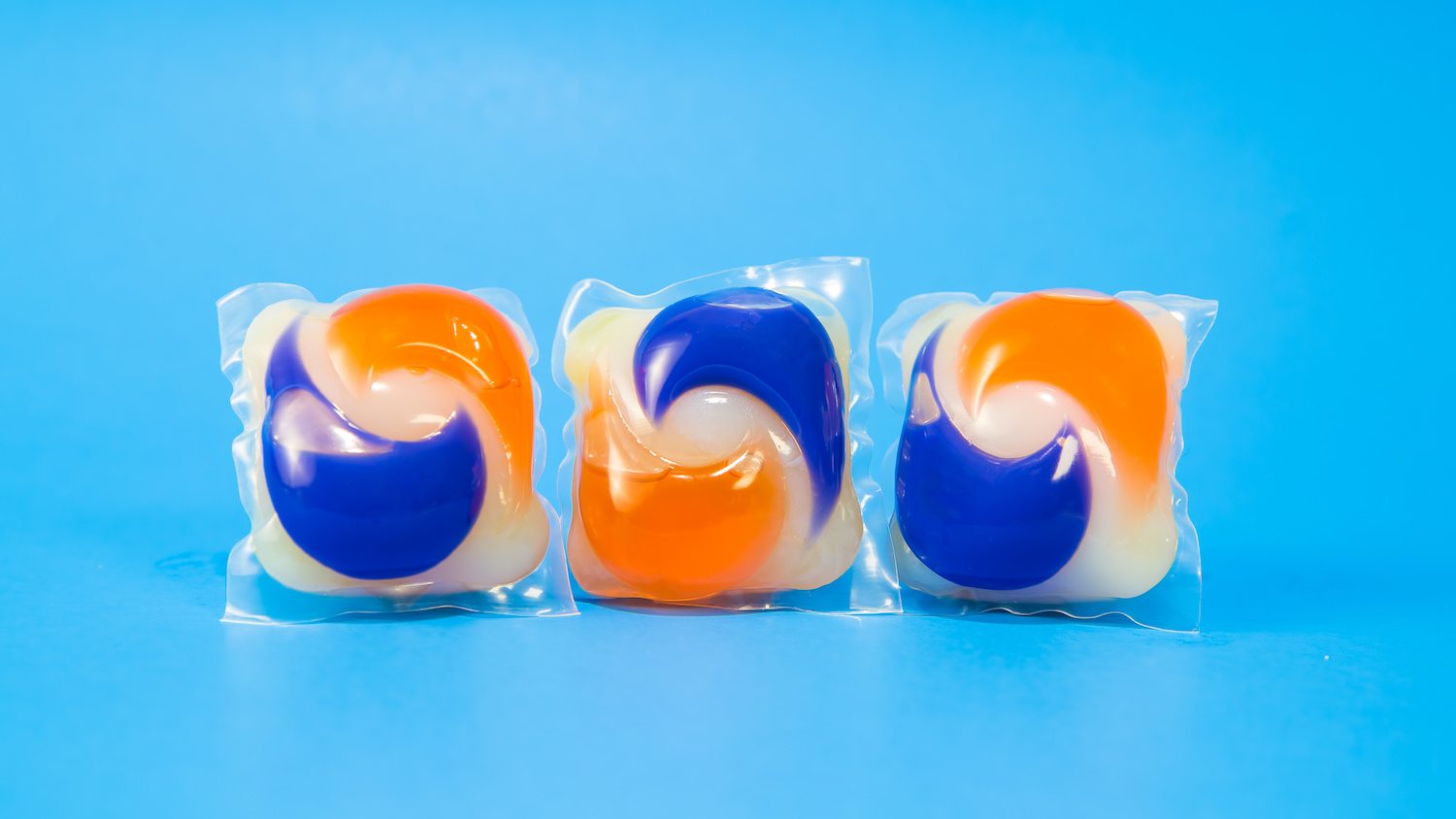
Tide Pods have been making a lot of headlines lately—but not for their stain-cleaning power.
Instead, the product has gained notoriety for the so-called “Tide Pod Challenge,” a disturbing phenomenon in which people film themselves eating the laundry detergent-filled packets. Needless to say, consuming the pods is not recommended, and eating them can cause a variety of health problems.
From Harmless Fun To Harmful Dares
Some companies, including several bakeries, have had fun with the strange fad, making donuts that resemble the colorful detergent pods. But not everyone thinks a lighthearted approach to the problem is correct. In fact, one toxic-chemical researcher has gone so far as to suggest that Tide Pods should be banned completely.
Tide denies plan to discontinue liquid packets despite risky 'pod challenge' https://t.co/YqciXX25s5 pic.twitter.com/GAJCb8cdjT
— Good Morning America (@GMA) January 23, 2018
Harold Zeliger, a principal at Zeliger Research and Consulting and a consultant with The Expert Institute, recently wrote an op-ed for Fortune that claims the safety measures that Procter & Gamble—the maker of Tide Pods—and other manufacturers, have taken to reduce the likelihood that people will be tempted to eat these products, have been insufficient.
“It’s clear that laundry pods as they currently exist are too dangerous to be sold to the public. If P&G and other manufacturers can’t figure out a way to reduce the more than 10,000 injuries they cause each year, laundry packs need to be taken off the market,” Zeliger wrote in his commentary.
Have Safety Efforts Failed?
Zeliger cited statistics from the American Association of Poison Control Centers to prove his point that efforts to curb the danger of the pods have failed. The agency reported 10,395 injuries related to the consumption of laundry packs in 2013. The group reported 10,570 such injuries in 2017, meaning there has been no reduction—and actually an increase in injuries—during the past five years.
Zeliger recommended that manufacturers make the pods even more bitter tasting so that people would be forced to spit them out immediately. He also suggested the pods should be less visually appealing, which he said could be achieved by making them all white. He also wrote that giving the pods a less pleasant smell and feel would also make them less attractive to kids and people suffering from dementia.
Who’s To Blame?
Others have said a ban on laundry pods is going too far and that individuals deserve the blame for improperly using them.
Writing for the American Institute for Economic Research, Chloe Anagnos said, “Although it’s obvious that eating laundry detergent, drinking way too much sugar or consistently throwing away plastic isn’t good for you or the environment, it isn’t the job of the government to tell us what to do or how to live. We need more personal freedom and less government interference.”
P&G Defends Product, Safety Efforts
For its part, Procter & Gamble said that Tide Pods themselves are not the problem, nor are their design.
“That’s not our focus,” Damon Jones, spokesperson for the company, told NPR regarding a potential change in design for the pods. “Our focus right now is educating consumers about the proper and safe use of household products.”
Procter & Gamble CEO Dave Taylor even wrote a blog post called “Safety Is No Laughing Matter” about what he calls the “dangerous trend.”
“Ensuring the safety of the people who use our products is fundamental to everything we do at P&G,” he wrote in the post. “However, even the most stringent standards and protocols, labels and warnings can’t prevent intentional abuse fueled by poor judgment and the desire for popularity.”
He also tried to ease the public’s concern about Tide Pods and what his company is doing to help the situation.
“As P&G’s CEO, I assure you we’re working with our partners to do what we can to stop this dangerous trend, including ensuring social media networks are removing videos that glorify this harmful behavior, partnering with advocacy and industry groups to help spread the word that this is dangerous behavior not to be copied, and releasing this public service announcement that is designed to reach teens and young adults.”
What do you think? Is an outright ban appropriate? Should manufacturers take further steps to make their products safer, or is it up to individuals not to consume products that are not meant to be eaten?


